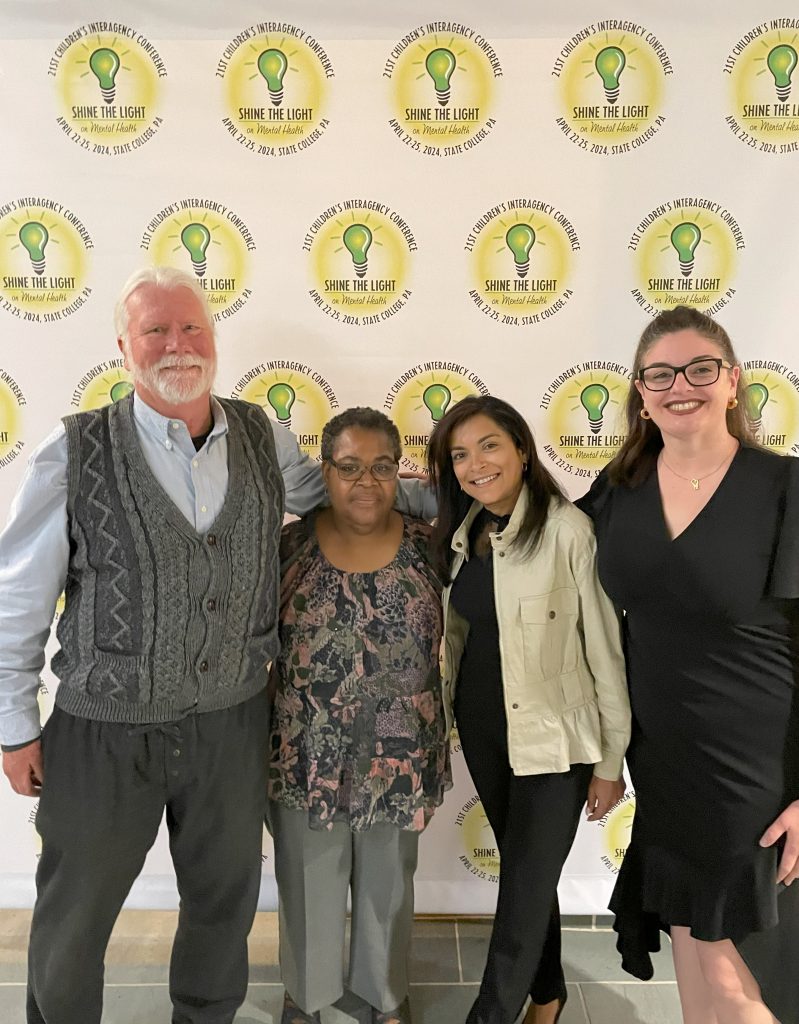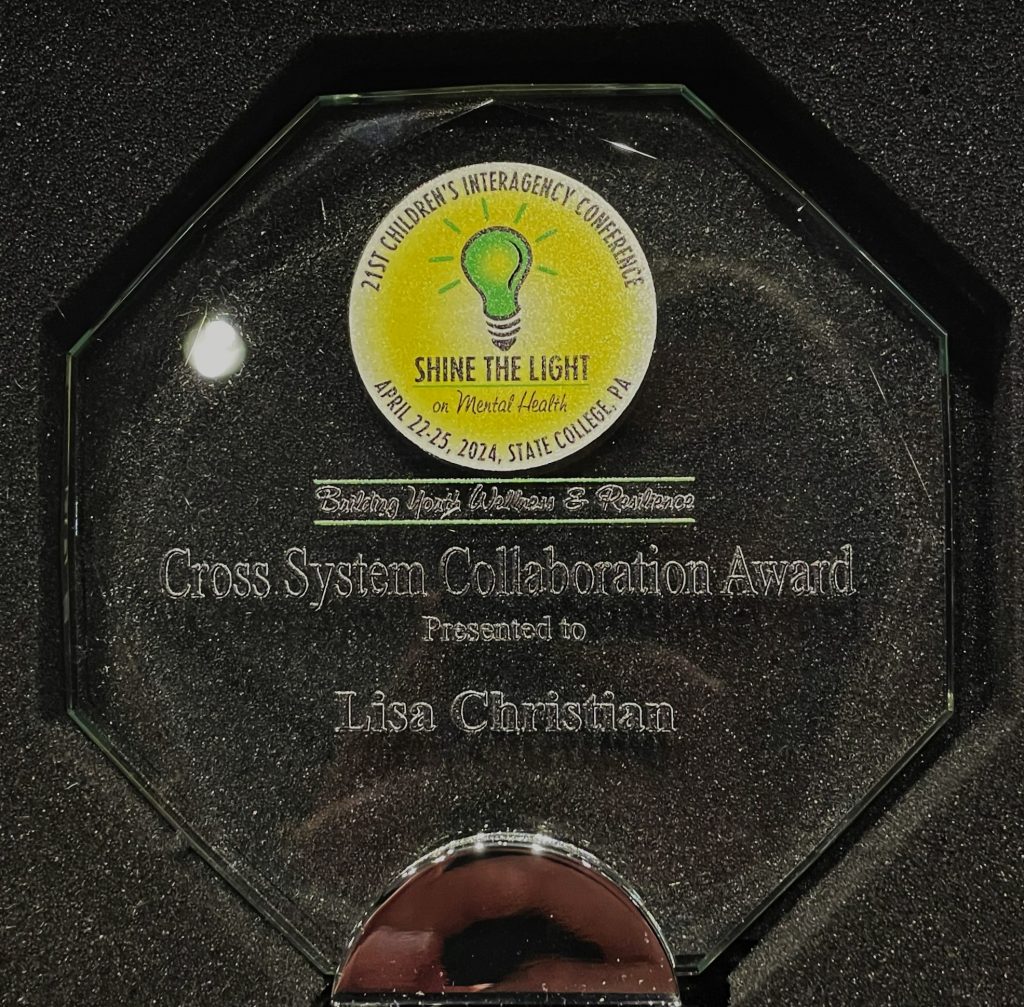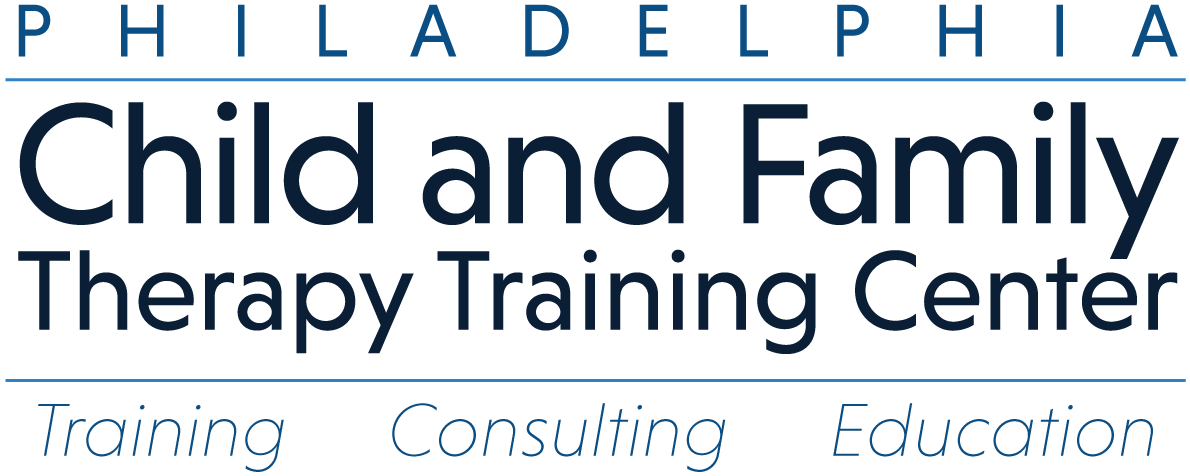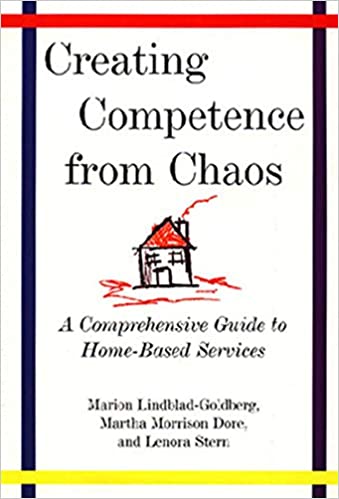Ms. Lisa Christian’s 30-year career as social worker and public mental health professional has been devoted to cross-system collaboration. She is a shining star that stands out in the field. She has tirelessly advocated for every citizen of Pennsylvania to see, understand, and respond to youth gun violence as public health issue driven by trauma and inequity.
She has worked at the professional level with youth, families, organizations, and government to make public health policy center on healing. She urges others to see youth of color, especially Black male youth, as the segment of our community that are most impacted by gun violence where the cycle of violence leaves many youths feeling unsafe and insecure in themselves and in the community. She challenges herself and others to see that this dislocation leaves them feeling vulnerable and devalued, where they literally believe that Black lives do not matter and find ways to protect themselves which perpetuates this cycle of violence.
Rather than simply turning to law enforcement to solve this problem, she strives to create the framework that goes beyond see gun violence as solely linked to self-protection but see youth gun violence retaliatory. This cycle must be seen as a public health imperative where public health, mental health, and government agencies find innovative and responsive ways to disrupt these processes to prevent further violence. Spurning an individual oriented approach, she has repeated worked to inspire government officials to advance a public health approach recognizing the symptoms of gun violence, much like with a virus, and to strategize interventions that prevent the spread of violence. Her systemic framework advances across system collaboration that is trauma-informed, strength-based, co-discovery, and science based.
Her 30-year career as a licensed social worker and mental health professional is chocked with numerous compelling examples reflecting the above. Two stories stand out. One, she stood by a family of a youth arrested for a mass shooting whose community not only negatively judged but actively shunned them. She tirelessly worked with individual family members, the family as a unit, and the community to help them seek, find, and use personal, physical, and interpersonal resources to turn risk into resilience. The second story is about families returning to the scene of murder that occurred in their home. Police investigate the crime then suddenly pronounce that the family may return to a blood splattered home and littered with signs of violence. Ms. Christian advocated at the family level and government level to regularly and reliably generate the resources to clean and restore every home. These examples show that Ms. Christian always goes above and beyond her peers to always advance a cross system collaboration based on a trauma-informed, strength-based, co-discovery, and science-based framework.





Leave a Reply